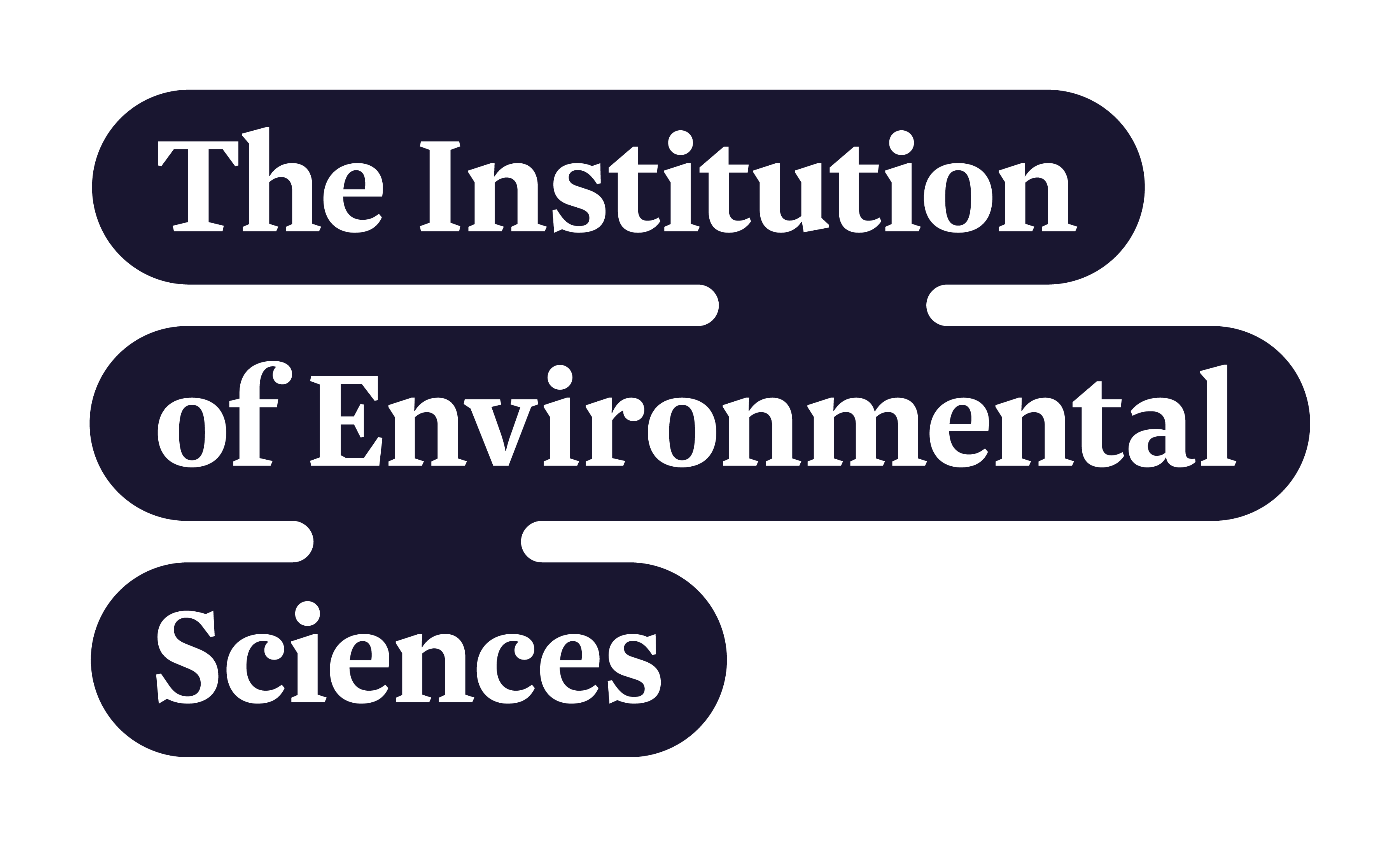Resources from the Legacy of Rachel Carson
On the 2nd October the Royal Society of Chemistry and the Institution of Environmental Sciences held a scientific meeting to discuss the legacy of Rachel Carson in the 50th year since publication of her hugely influential book, Silent Spring. The publication of Silent Spring triggered a debate that led to a ban on the insecticide DDT and started the modern environmental movement.
The meeting explored Rachel Carson’s influence on legislation, pesticide usage and design, and the “environmental movement”. It also covered current regulation, toxicology and environmental assessment and looked at what future issues might be.
The first speaker of the day was Andy Smith from the MRC Toxicology Unit at the University of Leicester. He gave a brief history of Rachel Carson and her influence over the use of DDT and commented on how the field of toxicology stands 50 years on.
Joe Rodricks from Environ gave a brief summary of 100 years worth of investigating and mitigating risk based on the original theories of Paracelsus who hypothesised the idea of thresholds for toxicity.
This was followed by Dave Bench from HSE who spoke about pesticide regulation in the UK and how changes in pesticide regulation and use have informed policy and vice versa throughout regulatory processes.
Alistair Boxall from the University of York spoke about the uptake and transformation of environmental contaminants and highlighted the importance of degradation products in assessing risk. Specifically that, even though chemicals may not appear toxic, their transformation products may be more persistent, more bio-accumulative, and more toxic.
Steve Edgar from Vertase used the case study of the Former Bayer Crop Science Site that was designated under part 2a of the Environmental Protection Act (1990). This served to underline the message in Alistair Boxall's talk about degradation products with respect to remediation and detection efforts.
Stuart Harrad from the University of Birmingham explained that the routes by which humans are exposed to persistent organic chemicals are changing and this requires scientists to update their models when looking at risks of exposure and threshold calculations.
Keith Tyrrell from Pesticide Action Network (PAN) UK explained how the lessons from Silent Spring are still as relevant today as we witness the decline of global bee populations, likely to be linked to increased use of neonicotinoid chemicals to treat crop plants.
Finally, Professor Lofstedt from King's College London spoke about European regulation of the environment and food risks and the importance of independent peer review of science that is used to inform policy review. Particularly when examining the use of risk assessments or hazard classifications that are used interchangeably by governments as it suits their wider purpose.
Download the presentations
Andy Smith
Joe Rodricks
Dave Bench
Alistair Boxall
Steve Edgar
Stuart Harrad
Keith Tyrrell


